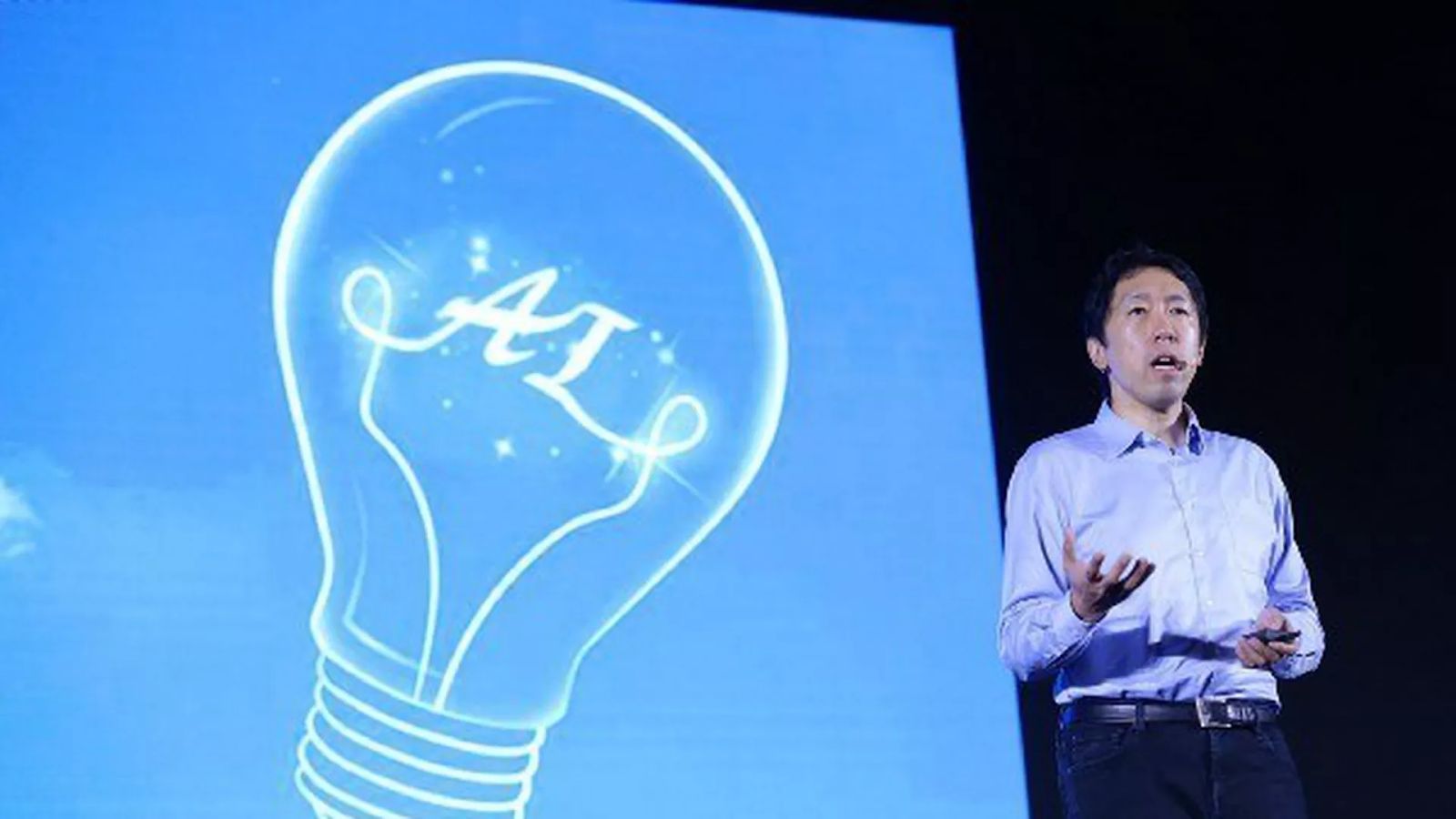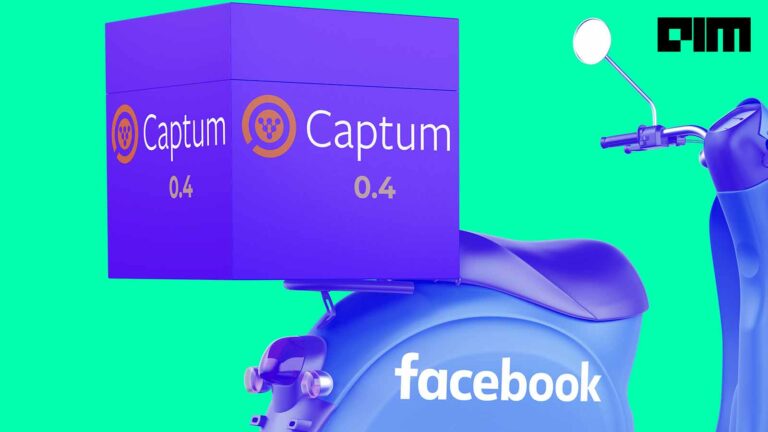As per the Data Science Skills Study 2020, more than 10% of the machine learning and data science practitioners learn from various online sources, such as massive online open courses or MOOCs, online certifications and courses, online videos hosted on such platforms as well as LinkedIn and YouTube, among others.
On the other hand, traditional formats like university certifications and courses are at the lower end of the spectrum of preference, which is 5.7%. The one main reason behind this is the dearth of AI teachers among institutions and academia.
To get an industry perspective on this, Analytics India Magazine caught up with a few experts in this field who explained the reasons behind the void and helped in understanding how these issues can be addressed.
The Need of AI Teachers To Teach The Intricacies of AI & ML
The use of artificial intelligence-based solutions has been proliferating in everyday life, starting from the shopping experience to financial transactions. Rabindranath A, founder of LeapCurve shares that the need of AI-based solutions is going to grow and it is high time that it is introduced in the school curriculum as AI is estimated to boost India’s annual growth rate by 2035.
He added that while the government has some AI-based education policies in place and many state governments are trying to introduce AI as a subject, there is indeed a dearth of good teachers at this moment. Those who have studied AI and are working on it are not comfortable teaching at schools as the pay is abysmally less. So the government has to take into cognisance such issues and come up with a solution.
Gaurav Vohra, CEO and Co-founder, Jigsaw Academy said, “AI, like many other emerging technologies, faces a severe shortage of teachers because the field is rapidly evolving and academia can’t keep pace with it. Academics are great at explaining the fundamentals, but when it comes to a business application, practitioners are needed. This is why Jigsaw Academy’s programs on AI have a healthy mix of academicians and business practitioners. A majority of Indian institutions aim to deliver world-class education in AI/ML, analytics, and cloud computing, but their lean infrastructure and lack of hands-on, qualified faculty make the ground reality very different.”
One of the significant motivations to integrate AI in the school curriculum is to make the forthcoming age acquainted with the rising innovation as this age is utilising various applications of the AI in reality.
“Teachers in the existing system are not qualified to teach AI. So, teacher training needs to be ensured before AI curriculum is brought in, as this will create the foundation for the future. At the point when we talk about educating, whatever concepts being presented in the schools or college education programs are fundamentals and foundations for future, if the educators aren’t sufficiently gifted to make AI straightforward for students, it will hinder further development,” said Dileep Kumar Singh, Head, JLU School of Engineering & Technology.
Aniruddha Kannal, Academic Council Member of Atria University, believes that it’s not easy to find educators who understand, let alone teach the intricacies of AI. Institutions can broadly be divided into two groups. Ones that are focused on teaching the tools of AI/ML and how they can be applied to solve specific problems. And, others that are also teaching the underlying mathematics (probability, statistics, linear algebra, etc.).
On the contrary, Joydeep Paul, Advisory Consultant at IBM, stated that beginnings are always challenging, but in the age of internet and video learning, there are abundant resources to refer. Schools can arrange regular learning workshops for their educators to help them achieve expertise.
Difficulties To Recruit AI Educators
To this, Kannal replied that there is a massive skill gap, and it is hard enough to find competent trainers. AI just adds another layer of complexity. He pointed out a few reasons as to why it is difficult:
- There’s a massive skill gap in the industry as a result of which the best talent is paid top dollars. And, the educational institutions can’t afford to compete with the tech industry pay scales.
- One cannot teach AI with whiteboards and PowerPoint presentations. Our educators are not used to getting their hands dirty.
- The domain is in flux. Staying on top of what’s happening is difficult, even for the best.
Singh stated, “The educational industry experiences the gap most prominently. The main cause is that the technological use was not fully utilised and put into practice. The difficulty in recruiting more trainers rises due to the various factors. Candidates are not trained with sufficient practical exposure in their respective fields. The condition becomes more disappointing in the field of computer science. Furthermore, we are comfortable in continuing to use old technology rather than looking further at the new and updated ones just because we have a stereotyped thought about new things.”
“In my opinion, there is definitely a skill gap amongst the tech-trainers as most Indian techies are not trained to think on how to spot a problem. Until and unless they know what the problem is, how will they create a solution around it? Besides, most techies are not well equipped or have those required skill sets to teach or train young kids. The good ones are difficult to recruit as they are very few in number. There is a problem of demand and supply here,” said Rabindranath.
Overcoming the Dearth of AI
According to Ashutosh Kumar, CEO and co-founder of Testbook.com, the best way to overcome the dearth is by industry-academia collaborations by getting more and more people exposed, trained and educated in the concepts of this new and emerging technology. To overcome the shortage of educators, it is crucial to give them some real-time practical experience in the field by providing opportunities in organisations that have adopted the technology. Another way is to introduce refresher courses for teachers and professors in the field.
Singh explained that in order to fulfil this dearth, tech companies should change their relationship with the academic community. By making the collaborative efforts with academic institutions, the tech companies who are working with AI can train the professors or researchers of any institute in their own way.
He further added that after getting trained from the industry, the professor or researcher could then continue their training as an expert in the field of AI. Through these types of collaborations, universities continue to benefit from the brightest minds in AI and data science, while businesses get their in-house expertise and a pipeline for AI talent through internships.
“We must encourage and educate individuals from ground level along with building infrastructure. Arranging seminars to display AI-enabled product prototypes can also help individuals to visualise and encourage them to start a career in AI,” shares Paul.
Initiatives to Meet This Shortage
Singh stated that educational institutes might take some of the initiatives to meet this shortage such as teachers can go through various development programs designed to get trained in the field of AI, a collaboration between industries and academia as well as sponsored and joint R&D projects from industries.
According to Kannal, institutions are facing shortages on multiple fronts, including infrastructure, talent, content, and pedagogy. The AI industry is playing a huge role in evangelising as well as educating. Never before has a community been more involved in creating free content in the form of videos, manuals and tutorials, code snippets, GitHub repos, projects, etc. He added, “I believe the industry is already doing its bit. It is now up to the educational institutions to tap into all these resources and make good use of them.”
“Many BTech institutions today are looking to hire freelancers or part-time teachers who are working as a full time AI professional in major IT companies across India. If we look at the adoption rate of artificial intelligence and technology by the education sector, we have been adapting very rapidly to compensate for the demand-supply gap of teachers and students in India,” shares Ashutosh.
Rashi Thakur, Founder of Mentor Mpact, said, “Currently, unskilled teachers are assigned tasks of teaching multiple subjects even if they lack the knowledge or requisite training to teach certain subjects. AI and tech-based companies can develop platforms to provide training support for teachers which can be completed with ease even from the comfort of their homes. Such platforms can curate lessons and provide learning and feedback to students, which are customised as per the student’s ease in grasping concepts.”
Current Percentage of AI Educators in India
Singh said on a concluded note that although it’s very difficult to put the exact percentage but according to him roughly 10-15% of the total computer science and engineering educators may have the sound knowledge of artificial intelligence. He added, “Talking in terms of the teacher-student ratio in the educational institutes in India, according to me for approx 60 students there might be only one AI educator available with good knowledge.”



















































































